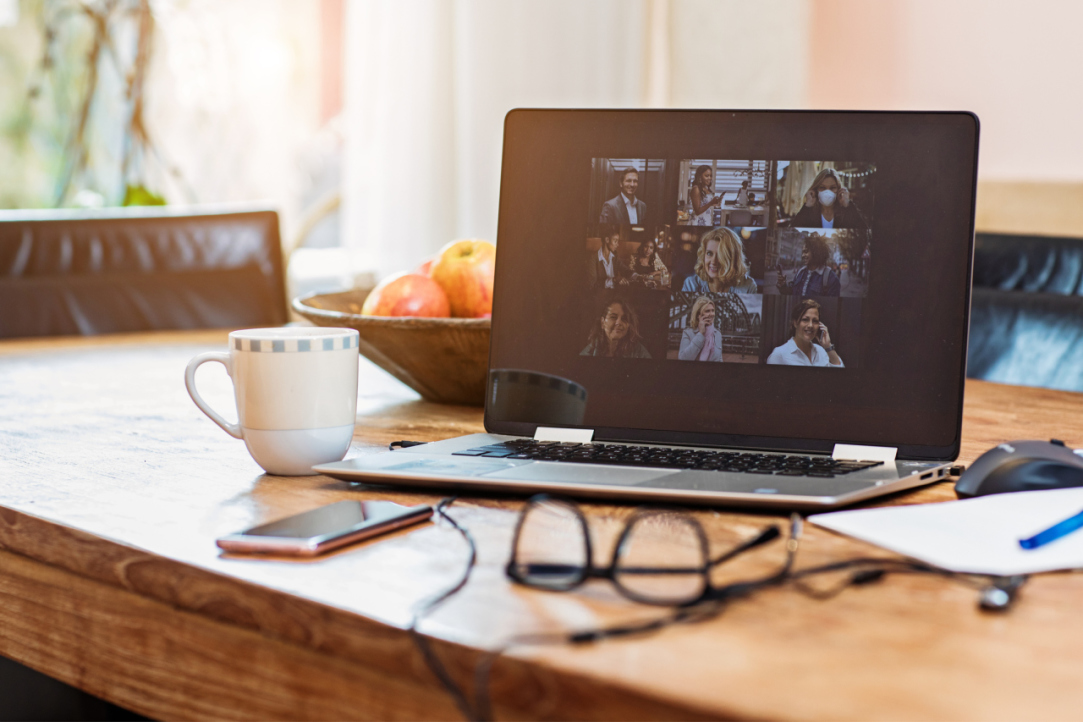
The Worst Is Probably Behind Us: HSE Experts on the Economic and Social Effects of COVID-19
Although the Russian economy is gradually recovering from this spring’s blow, it is too soon to talk about the situation evening out. Meanwhile, primary and secondary school students seem to be quite comfortable with uncertainty. Even more so, they appear to have a more positive view of the situation than their parents and teachers do. These are the discussion points of the sixth HSE analytical newsletter on the impact of COVID-19 on Russia and the world.
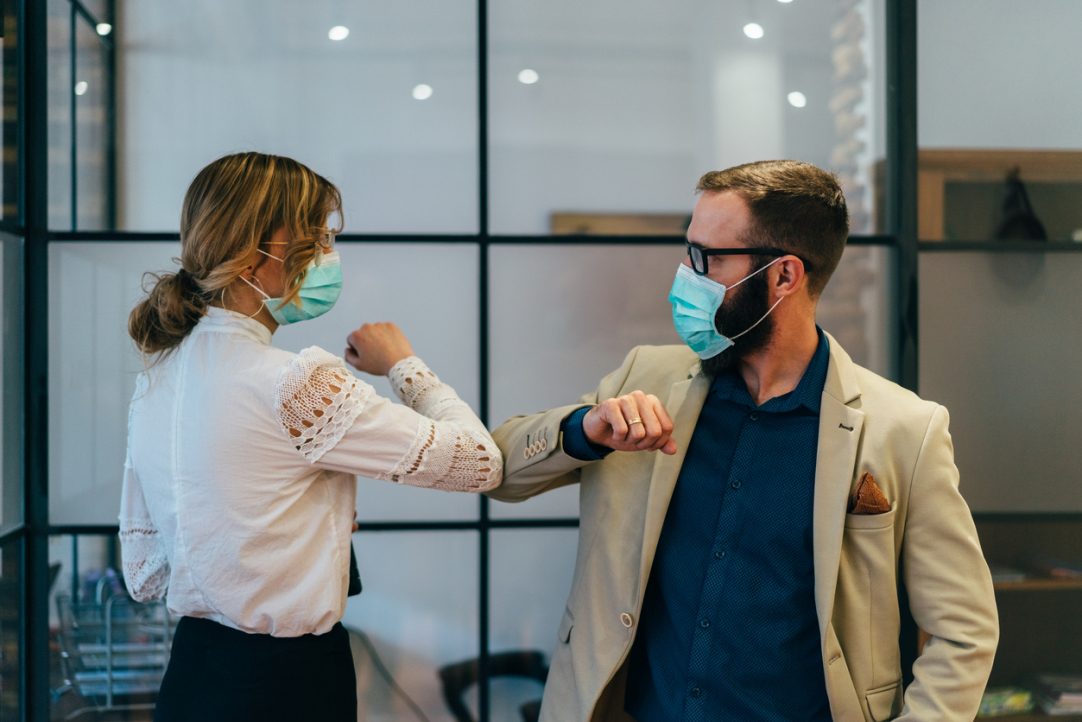
Trust in Mask: How COVID-19 Has Changed the Attitude of Russians to Each Other
As a result of the COVID-19 pandemic, when the whole country ended up in self-isolation, some people have to ask for support, others prepare themselves in readiness to provide it. Have Russians felt more cautious in recent months, or do people who have been forced to stay at home still remember how to trust and help? In order to find the answers to these questions, we can analyse the data from a new all-Russian survey conducted by HSE Centre for Studies of Civil Society and Non-Profit Sector.
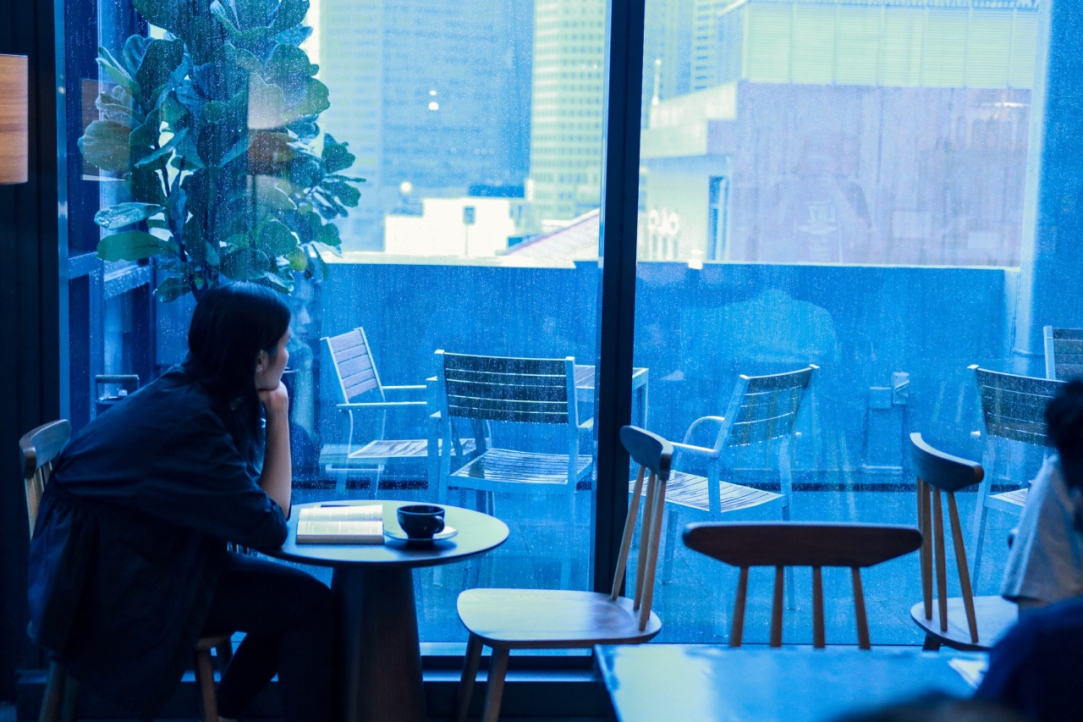
COVID Downfall and the Fear of Returning to the Offices: Pandemic Impact on Russia and the World
In this, the fifth issue of our newsletter, HSE experts comment on the government’s 'Action plan for the business and citizens income recovery and economic growth', elaborate on the May outcomes of the OPEC+ deal and analyze how psychologically challenging it will be for Russian employees to go back to their offices.
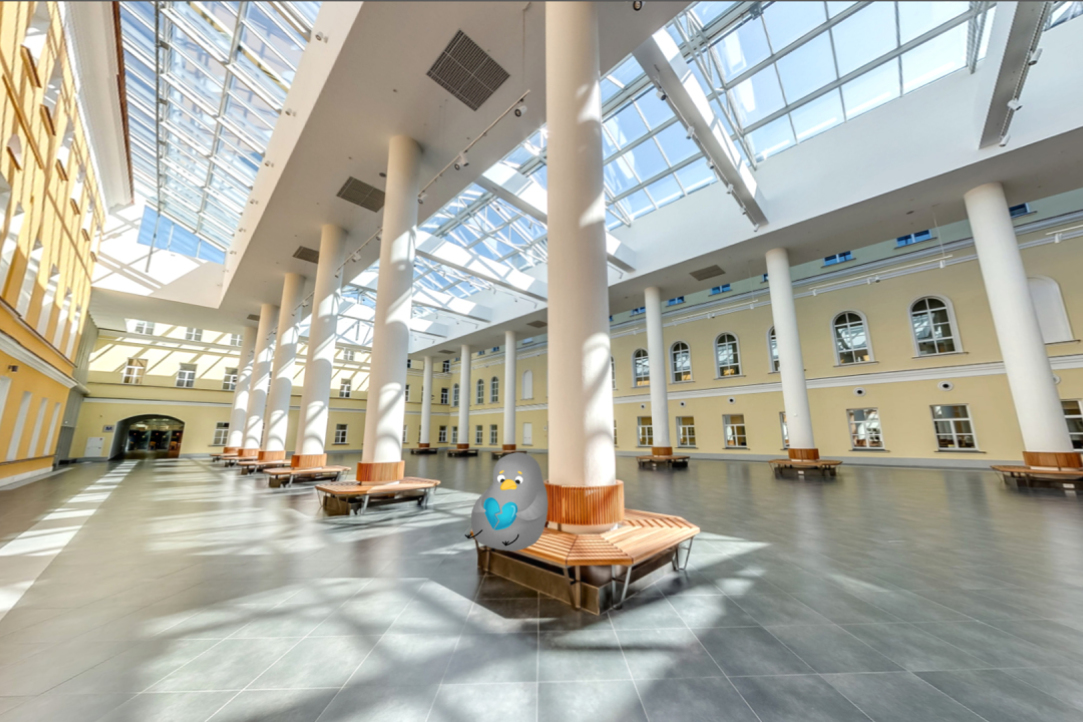
How HSE University Is Developing Distance Learning
Due to the COVID-19 pandemic, HSE University, as well as other universities around the world, has had to quickly transition to online learning. How have students and instructors adapted to distance learning? What are the challenges that the university has faced? How have assessment mechanisms changed? HSE administrators and instructors answer these questions for the HSE News Service.
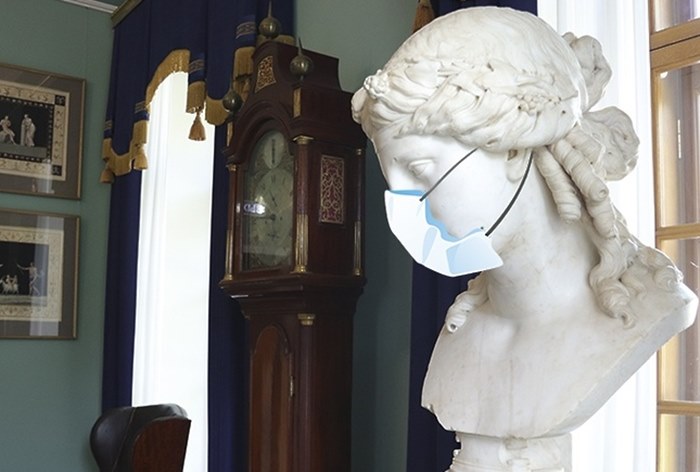
Museums Learn to Cope with Quarantine
Approximately six months before the introduction of restrictive measures, the Laboratory of Cultural Economics at the St. Petersburg campus of HSE began a study of how Russian and foreign museums conduct their online educational activities. The researchers released their initial findings in late January 2020, having managed to “take the temperature” of this market before the pandemic hit. Professor Valery Gordin and Research Associate Irina Sizova explain what it was like before the coronavirus crisis and how it will look afterwards.
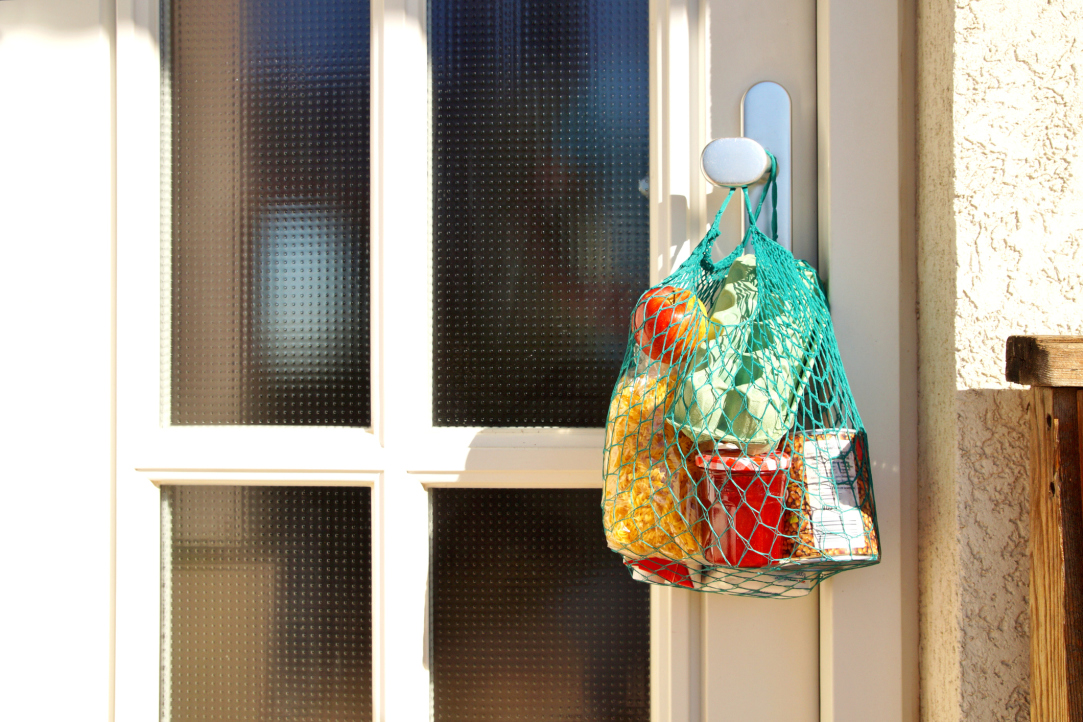
Income, Poverty and Employment in the Age of COVID-19: Anti- and Post-crisis Social Protection Policies
Many countries discovered that their social support systems were unprepared to respond quickly to the coronavirus crisis and that emergency measures were needed to protect incomes and jobs. This was the message that experts of the HSE Institute for Social Policy, Financial Research Institute (FRI) and World Bank delivered at a joint seminar.
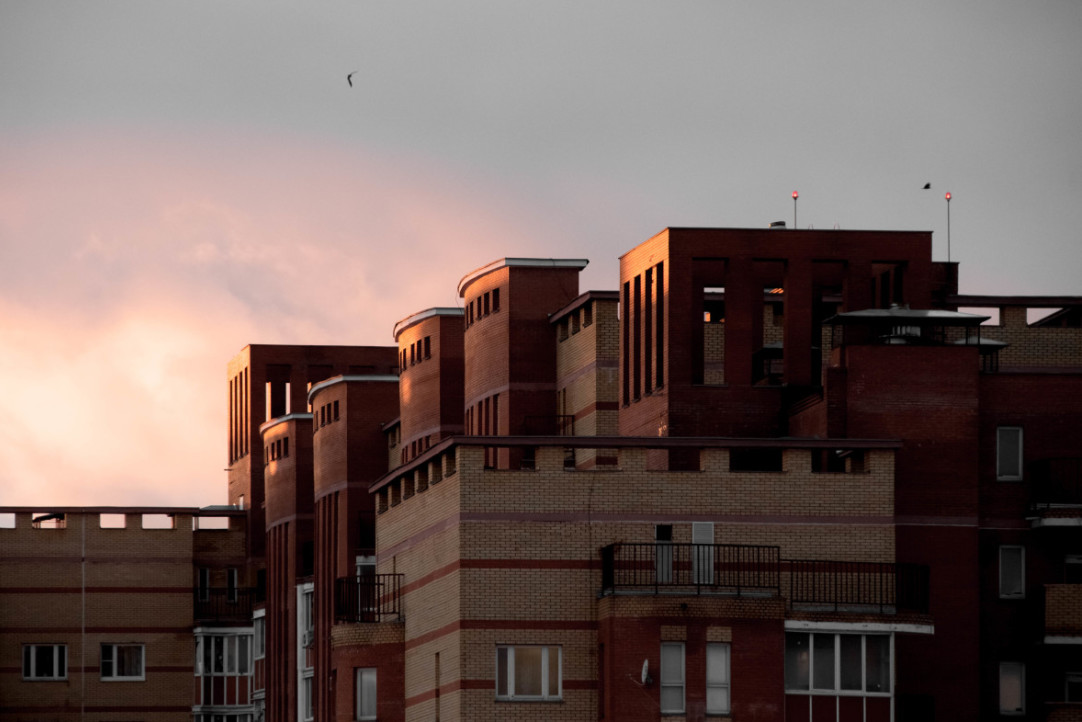
Life in Quarantine at the HSE Dorms
After HSE University transitioned to distance learning, life in the HSE dormitories changed: most students have gone home. The number of onsite staff and service employees has been reduced. Large events have been cancelled. Student trips into the city have been limited. HSE University Life spoke with students and staff about what life under quarantine is like in the dorms.
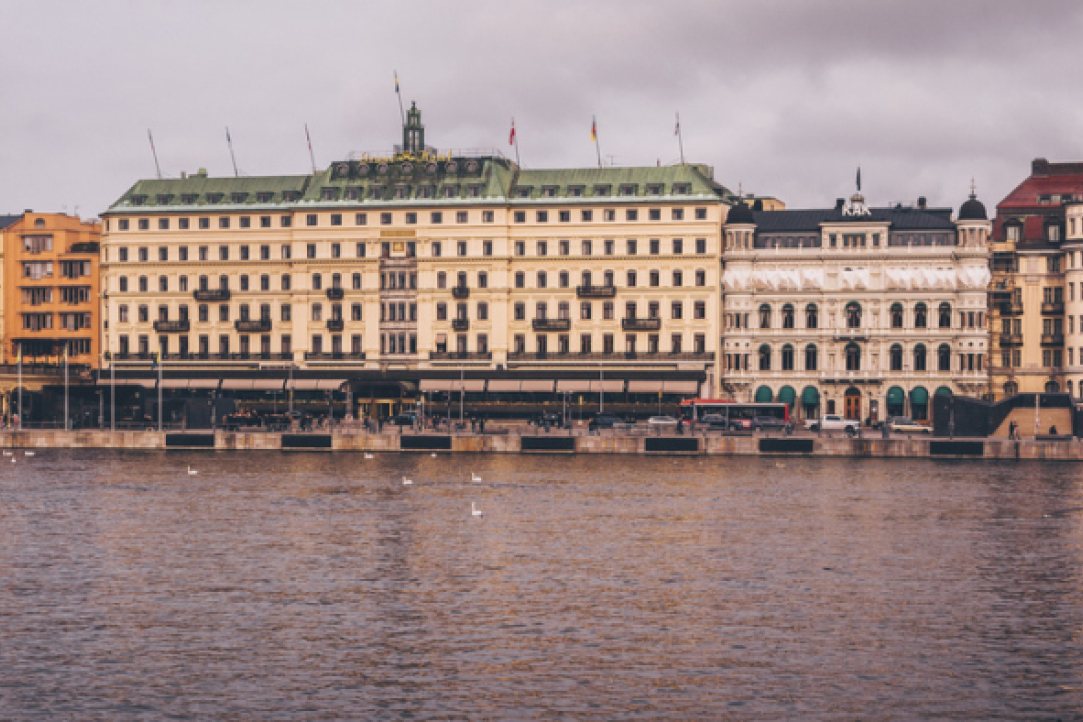
Stockholm COVIDians: The Origins and Results of the Swedish Model for Combating the Coronavirus
Sweden is the only country of the European Union that has not taken strict measures against the coronavirus pandemic. The country’s COVID-19 death rate is growing, unemployment is close to record high levels and GDP could fall by 10%. But does this prove that Sweden’s strategy is ineffective? The HSE School of World Economy invited experts to assess its implications for Swedish society.
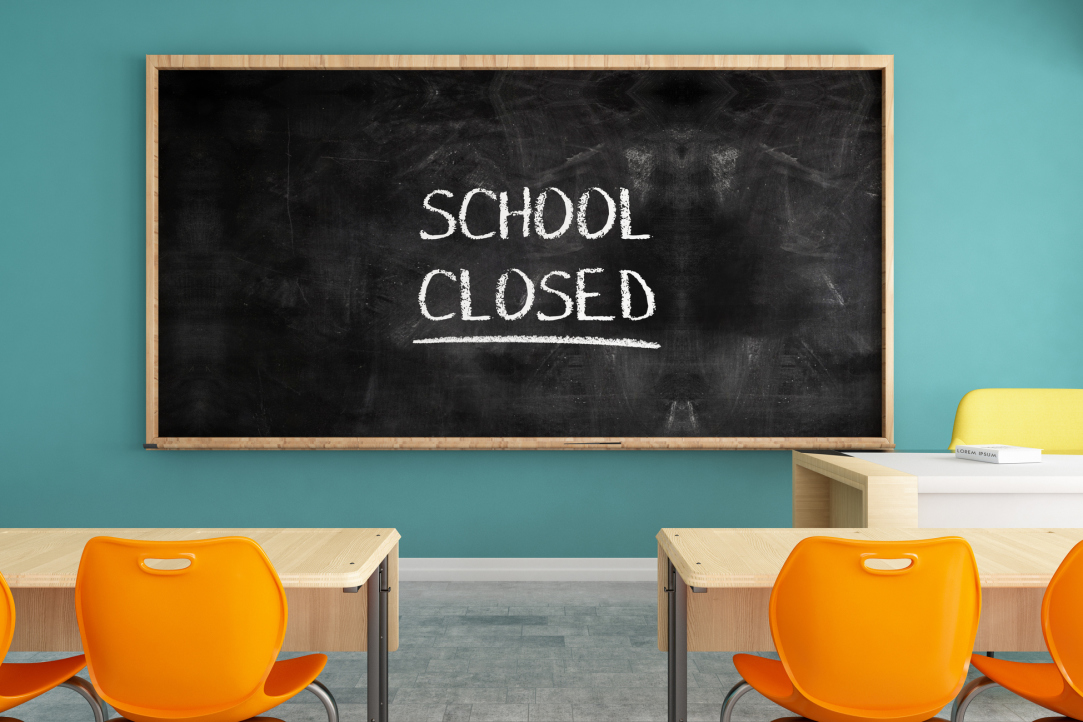
World Bank—HSE University Webinar Examines the Costs of School Closures During the Covid-19 Pandemic
On May 21, the joint webinar series, ‘Education under COVID-19: Problems, Solutions, Perspectives, Research’ began with a session about the effects of school closures under the pandemic. Harry Anthony Patrinos of the World Bank presented the results of a model that he and a team of researchers developed in order to predict the extent to which the closures may reduce learning and lead to future losses in labor productivity and earnings for today’s students. The webinar was moderated by Isak Froumin (Head of the HSE Institute of Education), while Professors Tommaso Agasisti (School of Management, Politecnico di Milano) and Sergey Kosaretsky (Director, HSE Centre of General and Extracurricular Education) served as discussants.
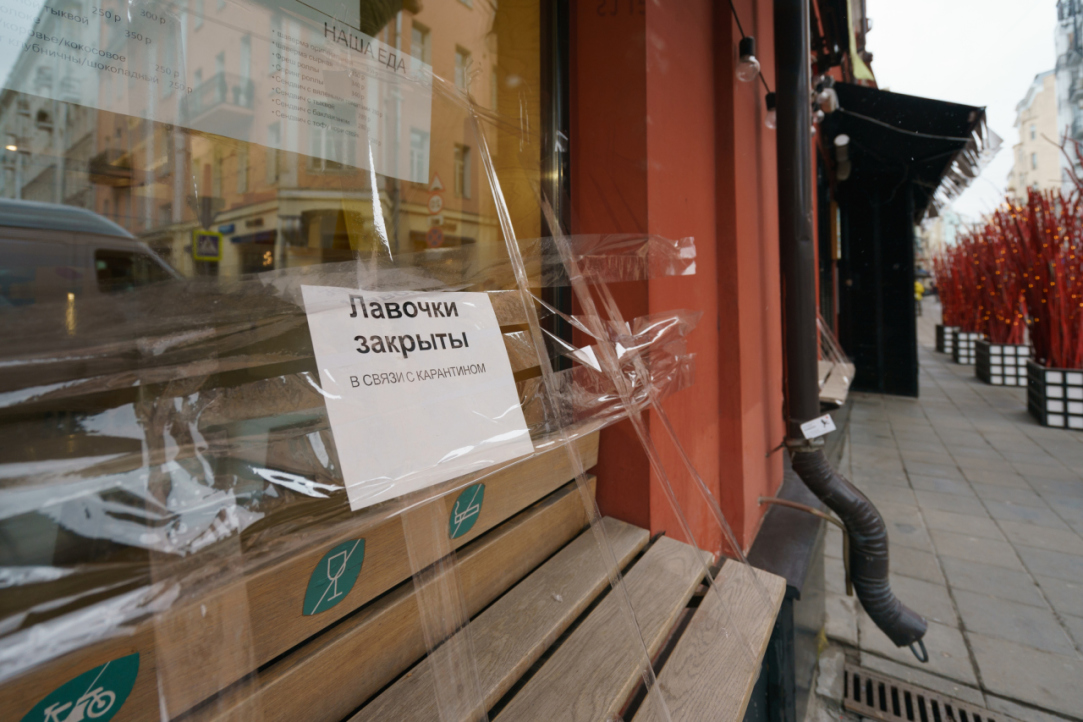
Participants of Escapes from Modernity Online School Discuss Post-Coronavirus World
Experts, participants and moderators gathered to share their predictions about the future of the humanity after the pandemic. What paradigm will replace anthropocentrism? What will happen to globalization, consumer civilization, and megalopolises? How will the virus impact policy and democracy and what will post-COVID ethics and anthropology look like?


Applications are submitted until August 17, 2025